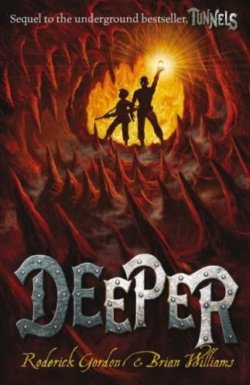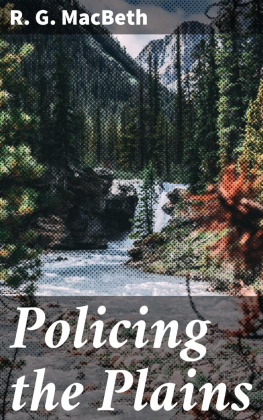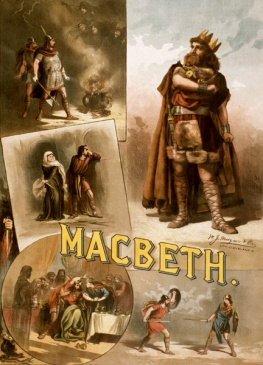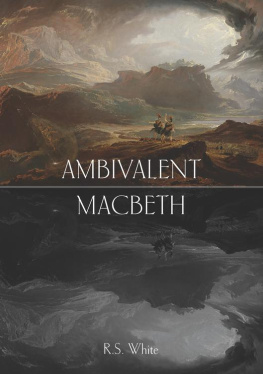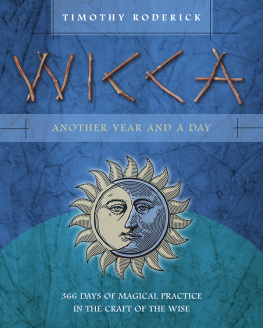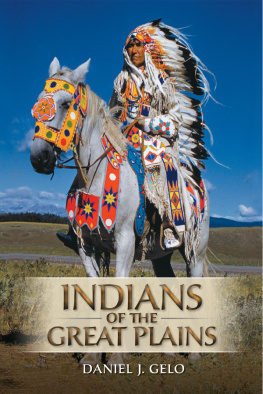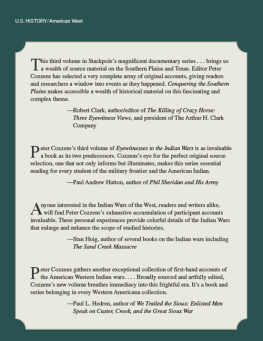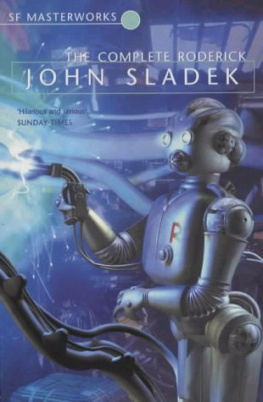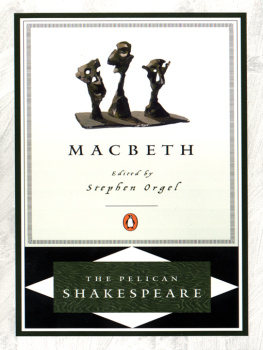R. G. (Roderick George) MacBeth - Policing the Plains
Here you can read online R. G. (Roderick George) MacBeth - Policing the Plains full text of the book (entire story) in english for free. Download pdf and epub, get meaning, cover and reviews about this ebook. year: 2020, publisher: Outlook Verlag, genre: Politics. Description of the work, (preface) as well as reviews are available. Best literature library LitArk.com created for fans of good reading and offers a wide selection of genres:
Romance novel
Science fiction
Adventure
Detective
Science
History
Home and family
Prose
Art
Politics
Computer
Non-fiction
Religion
Business
Children
Humor
Choose a favorite category and find really read worthwhile books. Enjoy immersion in the world of imagination, feel the emotions of the characters or learn something new for yourself, make an fascinating discovery.

- Book:Policing the Plains
- Author:
- Publisher:Outlook Verlag
- Genre:
- Year:2020
- Rating:4 / 5
- Favourites:Add to favourites
- Your mark:
- 80
- 1
- 2
- 3
- 4
- 5
Policing the Plains: summary, description and annotation
We offer to read an annotation, description, summary or preface (depends on what the author of the book "Policing the Plains" wrote himself). If you haven't found the necessary information about the book — write in the comments, we will try to find it.
Policing the Plains — read online for free the complete book (whole text) full work
Below is the text of the book, divided by pages. System saving the place of the last page read, allows you to conveniently read the book "Policing the Plains" online for free, without having to search again every time where you left off. Put a bookmark, and you can go to the page where you finished reading at any time.
Font size:
Interval:
Bookmark:

From painting by C. W. Russell, Montana. Courtesy of the Osborne Coy., Toronto.
| I | A Great Tradition |
| II | Enter the Mounted Police |
| III | Mobilizing |
| IV | The Amazing March |
| V | Business in the Land of Indians |
| VI | Handling American Indians |
| VII | The Iron Horses |
| VIII | Riel Again |
| IX | Reconstruction |
| X | Changing Scenery |
| XI | In the Gold Country |
| XII | Stirring Days Abroad and at Home |
| XIII | Modesty and Effectiveness |
| XIV | On Land and Sea |
| XV | Glory and Tragedy in the North |
| XVI | Striking Incidents |
| XVII | The Great War Period |
| XVIII | Great Traditions Upheld |
| Mounted Police Rounding Up Horse Thieves |
| Sir John A. Macdonald |
| Hon. Alexander Mackenzie |
| Hudson Bay: R.N.W.M. Police with Dogs |
| Major-General Sir A. C. Macdonnell, K.C.B., C.M.G., D.S.O. |
| Major-General Sir Samuel B. Steele, K.C.B., etc. |
| Superintendent A. H. Griesbach |
| Inspector J. M. Walsh |
| Commissioner A. G. Irvine |
| Commissioner George A. French |
| Commissioner James F. Macleod |
| Commissioner Lawrence W. Herchmer |
| Sitting Bull |
| Colonel James Walker |
| Colonel T. A. Wroughton |
| Lieut.-Col. Aylesworth Bowen Perry, C.M.G. |
| Colonel Cortlandt Starnes |
| R.N.W.M. Police Wood Camp, Churchill River |
| Indian Tepee |
| Dog-Train |
| Yukon Rush: Summit, Chilcoot Pass |
| Group of Indian Children on Prairie |
| Chilcoot Pass: R.N.W.M. Police and Custom House |
| Klondyke Rush: Squaw Rapids, between Canyon and White Horse Rapids, 1898 |
| Supt. Constantine in Winter Uniform on the Yukon |
| Piegan Indians at Sun-Dance |
| Rev. R. G. Macbeth, M.A. |
| Group, R.N.W.M. Police, Tagish Post, Yukon |
| Fort Selkirk, Yukon |
| Esquimaux Family |
| Coronation Contingent, London, 1911 |
| Indians Receiving Treaty Payment on Prairie |
| Fort Fitzgerald, Athabasca |
| Ice-bound Government Schooner |
| Herschell Island, Yukon Territory |
| Esquimaux Visiting R.N.W.M. Police Tent |
| Barracks at Fort Fitzgerald, Great Slave River |
| R.N.W.M. Police Shelter, Great Slave Lake |
| Cabin of Rev. Fathers Le Roux and Rouvier |
| R.N.W.M. Police Barracks, Churchill, Hudson Bay |
| Police with Dogs and Equipment on Split Lake, N.W.T. |
| Inspector Fitzgerald |
| Supt. Charles Constantine |
| Inspector La Nauze |
Font size:
Interval:
Bookmark:
Similar books «Policing the Plains»
Look at similar books to Policing the Plains. We have selected literature similar in name and meaning in the hope of providing readers with more options to find new, interesting, not yet read works.
Discussion, reviews of the book Policing the Plains and just readers' own opinions. Leave your comments, write what you think about the work, its meaning or the main characters. Specify what exactly you liked and what you didn't like, and why you think so.

